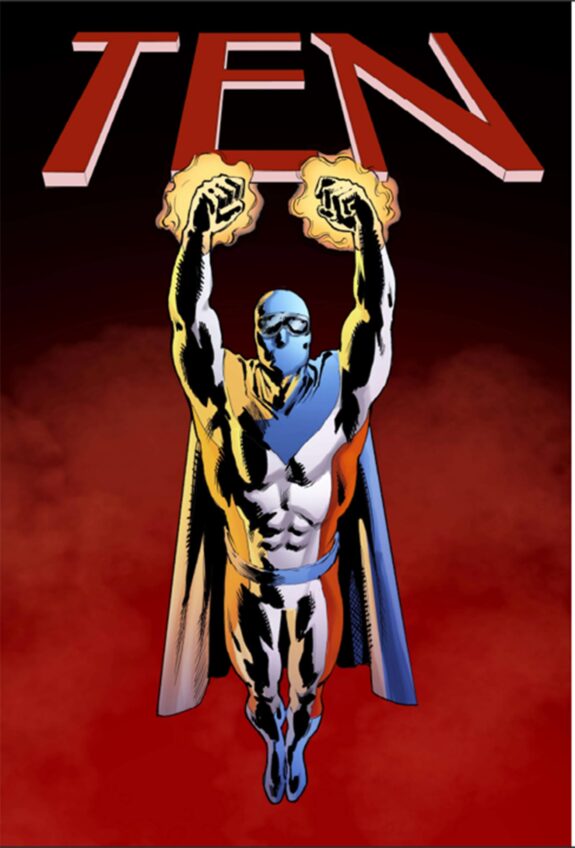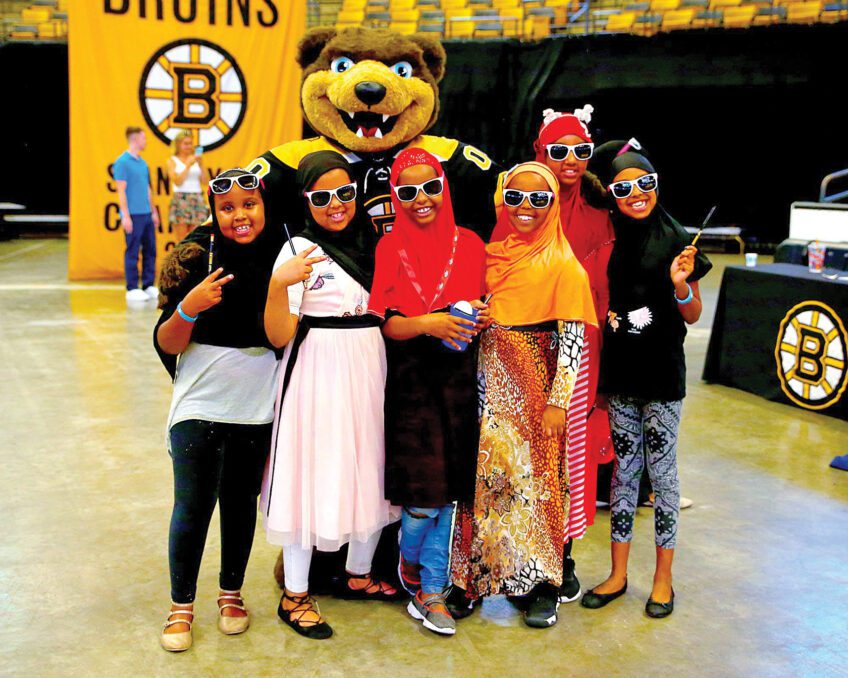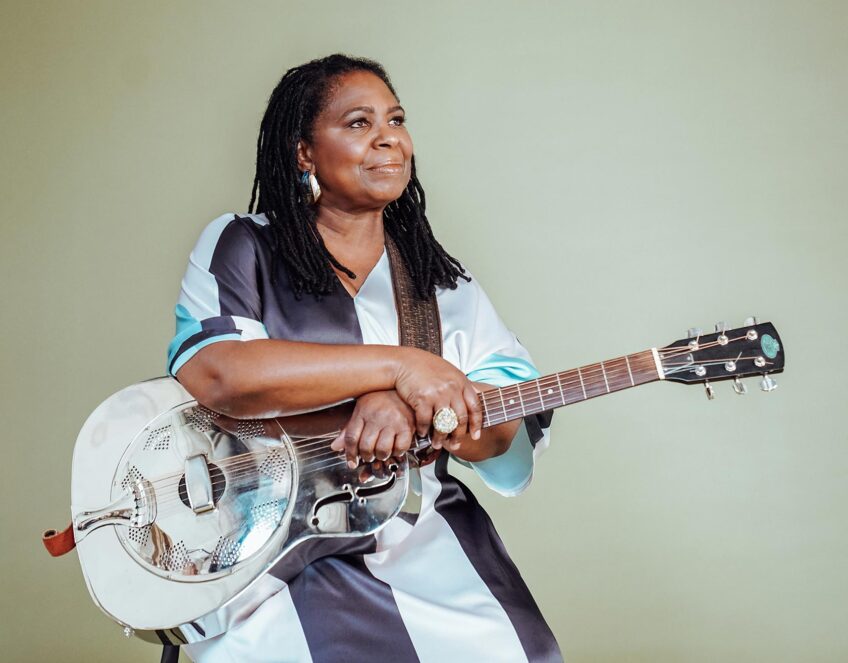On Sunday, March 19, the Jose Mateo Ballet Theatre hosted its third “Talk About Dance” panel discussion in a series that focuses on race and racism in the dance community. Moderated by Klare Shaw, national director of programs at Liberty Mutual Foundation, the discussion exposes an issue that has been omitted from the history of dance for centuries.
On the web
Register for the next “Talk About Dance” on June 8 at www.ballettheatre.org/dance-for-world-community
Bithiah Carter, president of New England Blacks in Philanthropy, says she loved ballet beginning at a young age, but noticed the lack of diversity. “Ballet is the ultimate white woman expression — slender, thin waist, elusive,” she says. “But every child, regardless of race, sexual orientation or income, deserves to have the experience of dance.”
Discussion panelists included Rev. Mariama White-Hammond, former executive director of Project HIP-HOP; Billy and Bobby McClain, the Wondertwins; and Tracy Heather Strain, a documentary filmmaker. Jose Mateo, founder of the ballet company, says he was looking for people of color who had a connection to the dance community either directly as dancers or as active viewers.
Much work to be done
The “Talk About Dance” series is one of several components of Jose Mateo’s Dance for World Community project. Centered on the spring festival celebrating cultural dances from around the world, the project aims to build interest and opportunity in the dance community for people of all backgrounds. In addition to racial issues, the project targets a spectrum of environmental and social problems. Carter, who is on the board of Jose Mateo, says this inclusion of activism is why she was drawn to the organization. “When you think of social change you think of moving a brick wall,” she says. “But when you think of the arts, you feel light.”
Boston lacks diversity in many arts organizations, but particularly in ballet. The issue begins in ballet classes for students as young as 3 or 4. Those with a particular body type or perceived skill set are encouraged to see dance as a career path, while others are relegated to the “hobby” group. Mateo says, “I think there’s so much work that needs to be done in the industry to engage young people in dance and to allow them to pursue dance professionally.”
Misty Copeland became the first African American female principal dancer at the American Ballet Theatre in 2015, nearly five centuries after the first formal court ballet performance in Italy in 1573. Though this is a great accomplishment, it’s a small condolence after five hundred years of discrimination. “Misty can’t be everything,” says Carter. “Misty’s in New York. What happens to my people here?”






